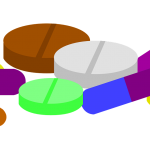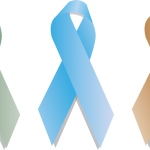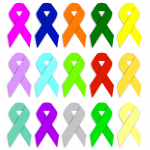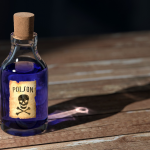Of course, not all causes and manners of death are within our control. Nor should we be so preoccupied with them that we avoid living. But the National Safety Council's annual report proves to be an interesting read, given a 5.3% increase in preventable-injury-related deaths.
cancer
Despite having yet to save a mouse, last week a company created headlines when it said that it would cure all cancers -- in a year. Let's clarify what promise actually exists in the field, and what hurdles still need to be overcome.
Despite having yet to save the life of a mouse, an Israeli company is making grandiose pronouncements. However, if you look beyond the hype the medical approach is actually pretty interesting.
With cancer death rates declining 27% over a quarter century, there's much cause for celebrating. But now, complacency is not an option.
Kids are more resilient than you think, but are also magical thinkers. In the absence of direct communication from a parent, they will create their own narrative which can foster greater worry.
When it comes to medical fundraising on social media, you may be gambling with the highest of stakes.
Some studies are so incredibly stupid, one wonders how they get published in any scientific journal, let alone a prestigious one. And yet, it's happened once again. A new study in JAMA Internal Medicine claims that eating organic food will reduce a person's risk of developing cancer. You got it right: Magic prevents cancer.
Here's another observational study of organic food, but it's from the French, who brought us "fine dining." The paper's claims are greater than their proofs. It's just another paper from a "high impact" journal shedding shade.
The British tabloids are running wild with the story of a 20-year-old woman who had her thumb amputated because of a rare form of cancer. The cause, we are told, was her incessant nail-biting. Believe it or not, this story could very well be true.
Like a broken clock that accidentally gets the time right, California has finally stumbled upon the correct approach to coffee. Sort of. After widespread mockery and condemnation, the Golden State has had an epiphany: Maybe coffee doesn't cause cancer. The FDA agrees.
A dearth of truth in medical advertising is probably our greatest public health threat. With consumers bombarded by spurious claims, our agencies need to be proactive, not reactive in protecting the public.
Countries that use more pesticides don't have higher rates of pediatric cancer.










